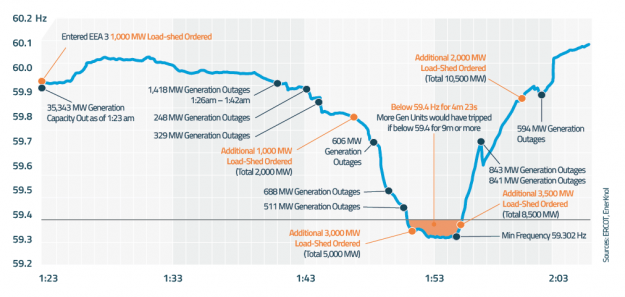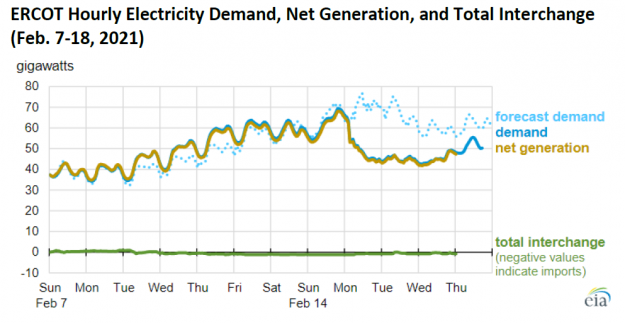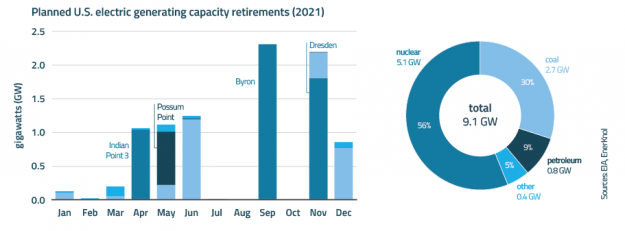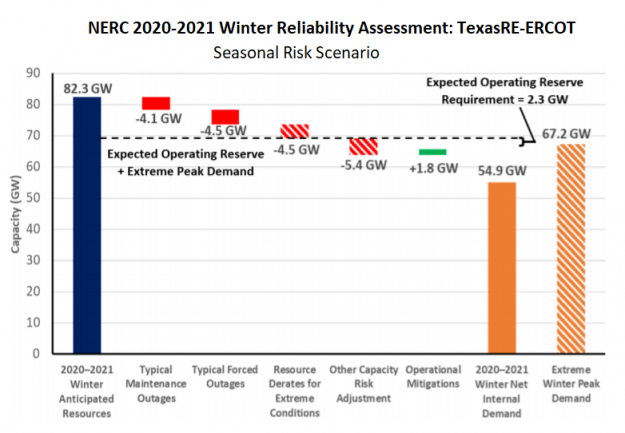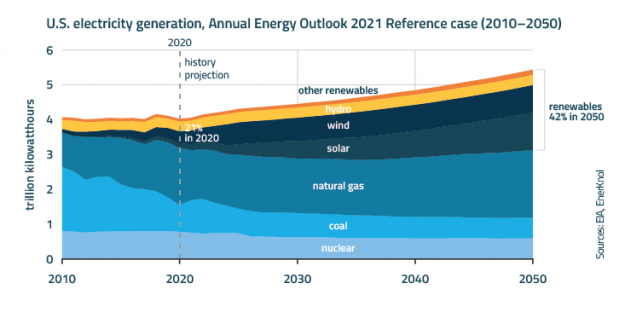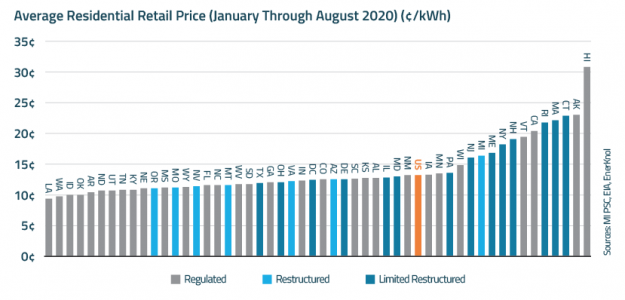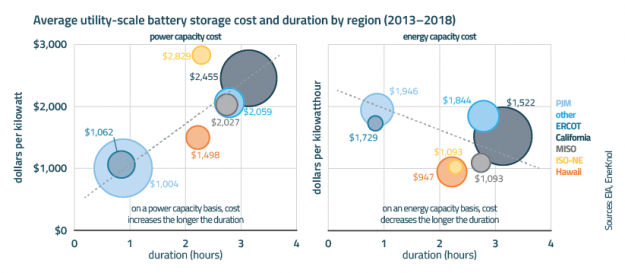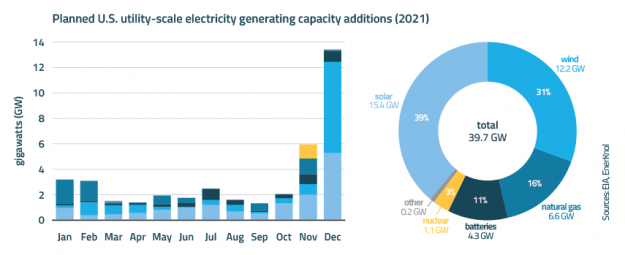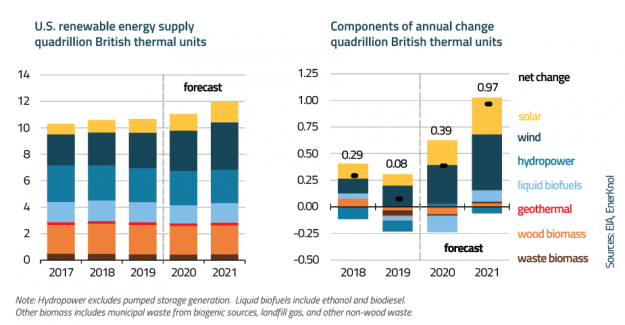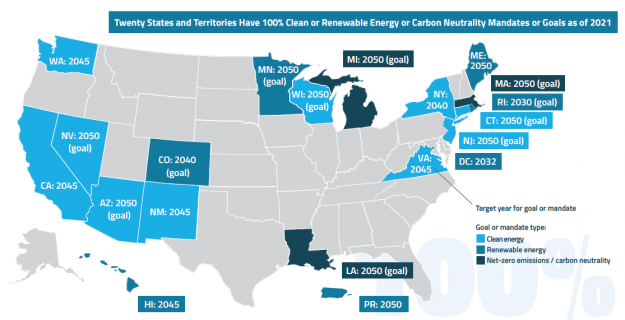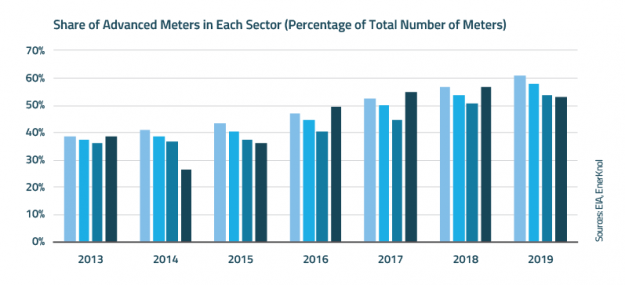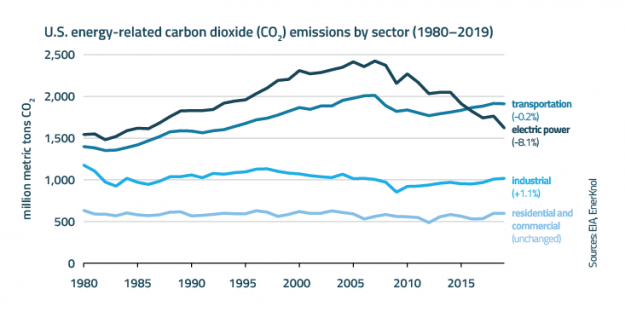Visual Primer: Texas Power Outages Draw Scrutiny into Grid Operator’s Market Design and Reliability
The widespread power outages across Texas during the extreme winter weather conditions brought about by a polar vortex in mid-February has raised questions about the reliability of the power grid operated by the Electric Reliability Council of Texas Inc. (ERCOT). The grid operator, which manages about 90 percent of the state’s electric load, reported that 48.6 percent of generation was forced out at the highest point due to the winter storm.
